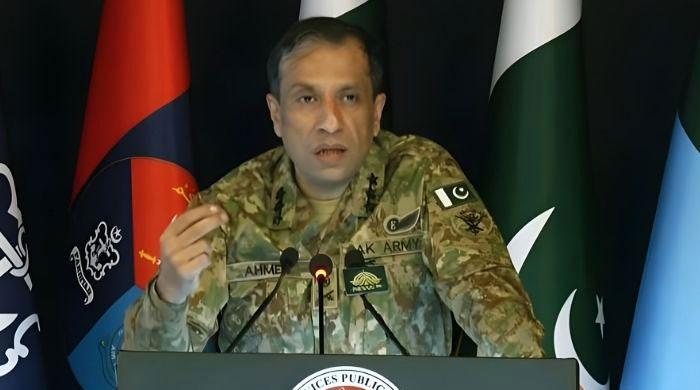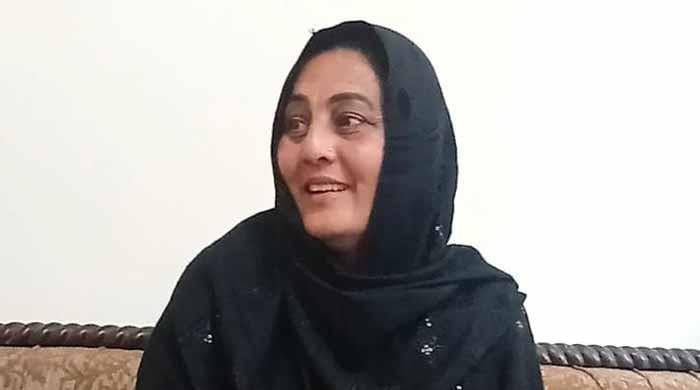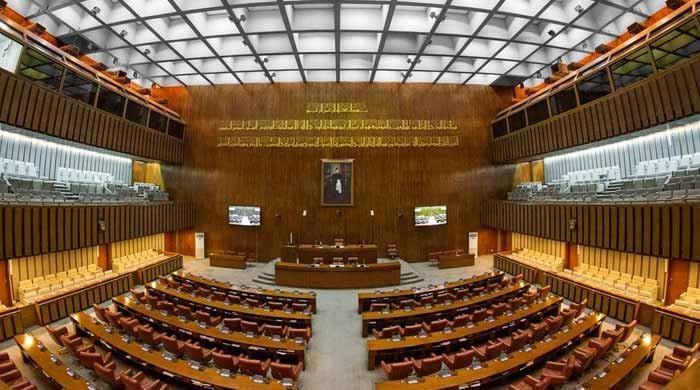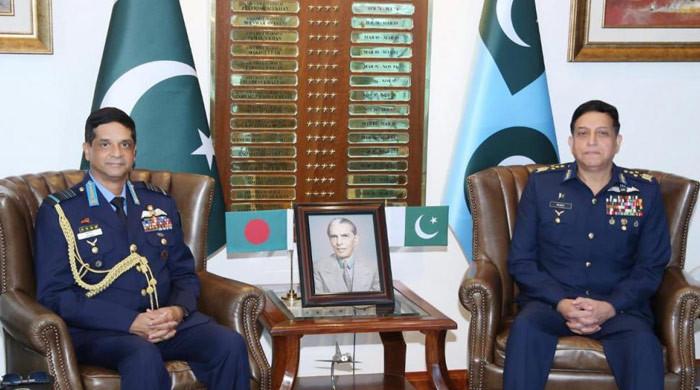Pakistan calls for UN-led framework to counter disinformation campaigns
Pakistan's envoy emphasises on necessity of a legally binding global document formed on ICTs guidelines
June 21, 2024

- Ambassador Munir Akram shows anti-Pak propaganda proofs.
- Emphasises need for a legally binding international document.
- Envoy also shares ways countries can solve cyber problems.
NEW YORK: Pakistan’s permanent representative to the United Nations, Munir Akram, called for a framework to counter disinformation and cyber warfare campaigns.
Akram made these comments while speaking to the Security Council’s High-Level Open Debate on "Maintenance of International Peace and Security: Addressing Evolving Threats in Cyberspace".
Highlighting that several countries including Pakistan have been a victim of disinformation, the ambassador emphasised on the necessity of a legally binding global document formed on the guidelines provided by the Information and Communication Technologies (ICTs).
While explaining, Akram referred to the 2019 and 2020 reports by EU DisinfoLab, which exposed anti-Pakistan propaganda including disinformation activities, and cyber warfare.
He said: "The 2019 report provided proof of 15 years of massive disinformation operations against Pakistan, involving more than 10 so-called NGOs fraudulently accredited to the UN Human Rights Council, over 750 fake media outlets, and 550 fake websites, even resurrecting dead people."
The Pakistan envoy stressed that the EU DisinfoLab’s exposé on disinformation campaigns requires global attention.
Furthermore, Ambassador Akram discussed the Pakistan sponsored UN General Assembly resolution, titled "Countering Disinformation for the Promotion and Protection of Human Rights and Fundamental Freedoms."
He stated that this resolution affirms the responsibility of states to counter disinformation that undermines peace and cooperation among nations.
He also shed light on the unaccountability of legal documents and argued that framework should align with the principles of the UN Charter such as sovereignty, territorial integrity, non-use of force, and non-interference, among others.
Sharing ways for countries to come together to solve problems related to cyber warfare, Akram suggested confidence-building measures (CBMs), such as voluntary exchange of information, bridging the digital divide through capacity building and enhanced international cooperation.
He lauded the recent inauguration of the Global Points of Contact Directory for ICT Security as an important step toward promoting trust and cooperation among states.
Akram also reaffirmed Pakistan’s commitment to fostering a stable and secure cyberspace through a comprehensive and inclusive international framework that addresses the interests and concerns of all states.
He said: "With a population of over 240 million people, and a flourishing digital landscape, Pakistan attaches immense importance to leveraging digital technologies for socio-economic development and more effective and efficient governance and public service delivery."









